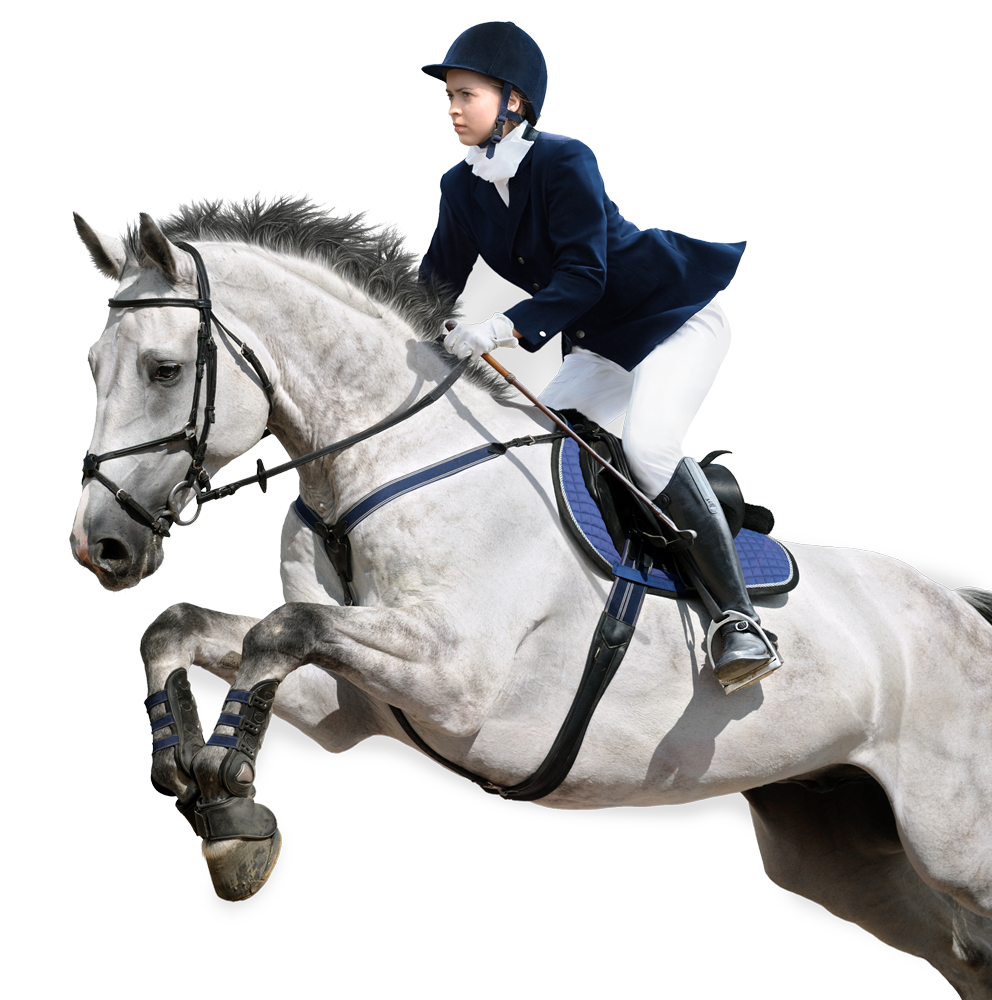This website uses cookies so that we can provide you with the best user experience possible. Cookie information is stored in your browser and performs functions such as recognising you when you return to our website and helping our team to understand which sections of the website you find most interesting and useful.
Falling from a horse on a country lane?
Woman claims £3,805 after being hit by a lorry while riding a horse



Other Accidents / Horse Riding Accidents

Horse Riding
Horse riding is an enjoyable hobby for many adults and children in the UK and there are lots of different hobbies relating to it, e.g. hacks, organised rides on the roads, riding in the country and show jumping events.
With horse riding comes a set of risks that most experienced horse riders will know about. Horses are large and powerful creatures and a fall from one can cause particularly devastating injuries. Many horse riders who have been riding for years are already likely to have sustained a number of injuries.
In many cases, a horse riding injury is sustained due to a pure accident which cannot be apportioned to another party. However, there are some instances where a person has been injured while horse riding through no fault of their own. In these cases, it can often be possible to make a personal injury claim.
To learn more or to start your claim, get in touch with our expert team on 0800 808 9740 or contact
Horse Riding Accidents On The Road
Falling off a horse is one of the most common kinds of horse riding accidents. Riding your horse on the roads is another risk of having an accident. However, many riders need to do this in order to gain access to bridle paths and country roads. Drivers have a responsibility to look out for horse riders and be mindful of the different needs riders have on the roads. For example, drivers are not permitted to beep their horns near a horse as it could cause them to jump and throw a rider off or cause a disruption in the road.
Another consideration is that horse riders do not approach a right-hand turning by moving into the middle of the road, instead, they begin turning right after signalling when they are at the junction they wish to turn into. All drivers should be aware of these kinds of different requirements from horse riders so that accidents can be prevented as much as possible.
Common Horse Riding Injuries
Horses can reach speeds of around 30 – 40 mph. A fall from a horse at this speed can cause serious and life-long injuries, some can even be fatal. The most common kinds of injuries that claimants suffer are:
Horse Riding Accidents Common Causes
Many of the above injuries are caused by some common kinds of accidents which are:
- Road accidents involving a horse rider and another vehicle
- If there has been an organised hack or ride and the management of it has been poor. e.g. failure to lead effectively by the manager or failure to signal properly to other road users could cause an accident
- Poor road or path surfaces could cause a horse to stumble and a rider to fall off
- If defective equipment has been used e.g. reins, saddle or riding hat
- Horse riders who have been given a horse to ride that has an unstable temperament
- Horses can sometimes fall on top of riders or passengers of a car if there has been a road collision and this can often cause severe crushing injuries and/or fatalities
- Horses are also capable of kicking, biting and behaving in an unpredictable manner, all of which could cause you an injury if you are riding.
How Can I Prevent A Horse Riding Injury?
There are certain steps horse riders can take to limit the potential of an accident. Wearing hi-visibility clothing makes you stand out on the roads more to drivers; checking the girth before you head out on a ride to ensure it does not slip and cause you to fall off; wearing well-fitted boots and a helmet will protect different parts of your body in the event of a fall. Also, if you are learning to horse ride then you must be trained by a qualified instructor.
Making a claim for horse riding accident compensation
If you have been injured in a horse accident, you may be entitled to claim compensation. It is advisable to speak directly with a personal injury lawyer to find out whether you have a valid horse injury claim.
How Much Compensation?
All personal injury cases are unique and so the amount of compensation that is awarded in each case is also unique. Compensation is understood by looking at two specific factors: general damages and special damages.
General Damages
The pain and suffering that your injuries have caused are main factors that are used to determine how much general damage compensation you are owed. This will usually be determined by undergoing a medical examination, from which a report is created that highlights the length of time the injuries will take to heal as well as their severity. Ourcompensation calculator will give you an indication of how much general damage compensation you might be entitled to based upon your injuries.
Special Damages
In addition to receiving compensation for your injuries, you may be able to reclaim any financial losses that you might have suffered as a result of your injuries. Compensation for financial losses is known as special damages compensation. This can include losses such as loss of earnings due to not being able to return to work, the cost of treatment as well as travel to treatment. It is important that you keep any receipts or evidence of additional losses in order for these to be reclaimed. With the exception of children, there is a three-year time limit on making a personal injury claim. This time limit begins from the date that the accident initially occurred. Therefore, you should contact a personal injury solicitor as soon as possible to assess your case.
Making Personal Injury Claims
If you have been involved in an accident with an uninsured driver, you may be entitled to compensation. First Personal Injury solicitors are available to assist you and ensure that you get the compensation you deserve.
First Personal Injury works with both families and individuals across England and Wales, leading them on their legal journey and helping them claim compensation after an accident or injury.
Free initial Discussion - Call Now!
Get in touch with First Personal Injury on 0800 808 9740 or through our online claim form.
